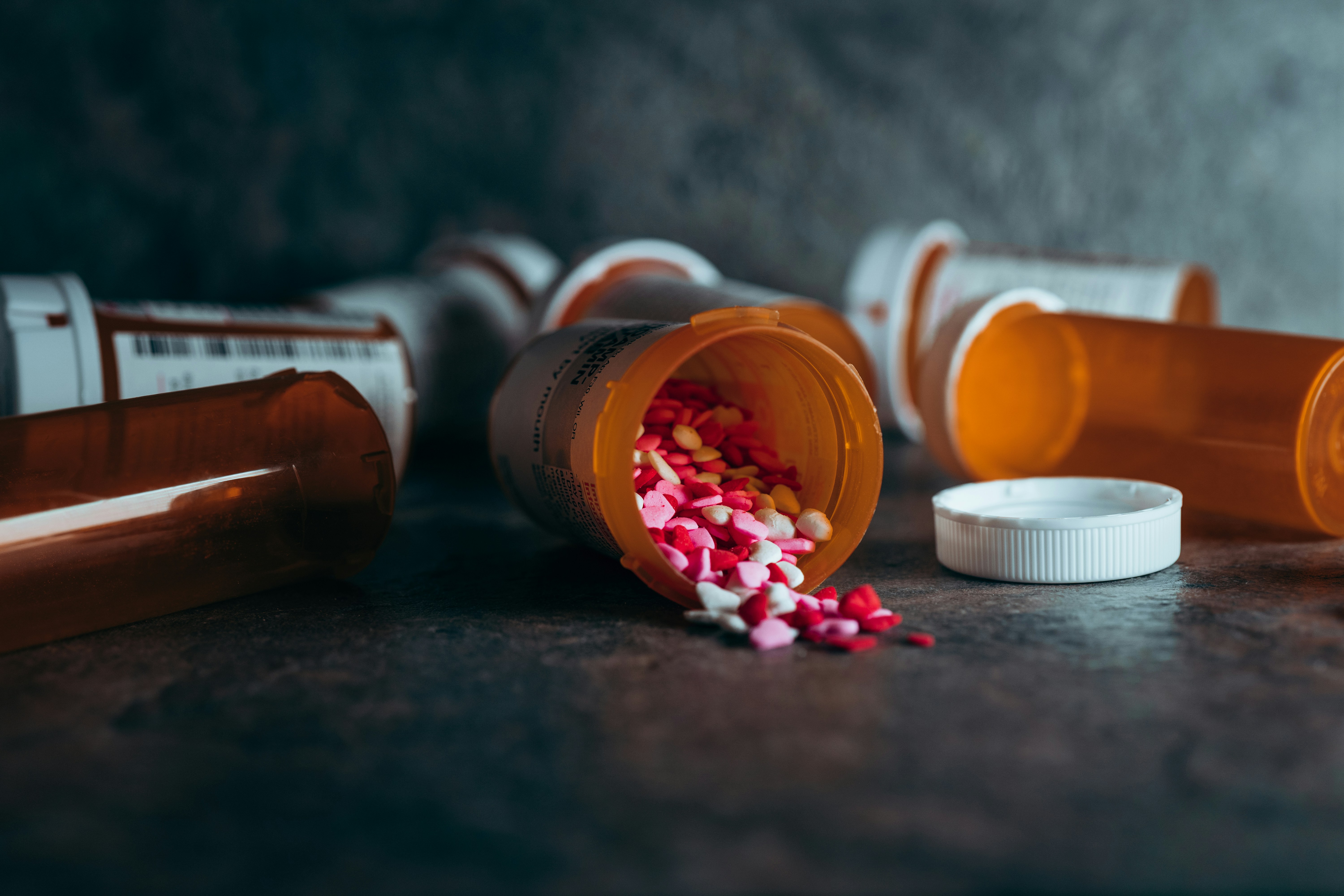
Addiction recovery is a journey, often challenging but deeply rewarding. The path to sobriety typically begins with detoxification, a vital first step in purging the body of harmful substances. While detox alone is not a complete treatment, it sets the stage for comprehensive rehabilitation. In this article, we will explore the important steps in addiction recovery with a focus on the detox process.
Understanding Detox
Detoxification, or detox, is the process of removing toxic substances from the body. For individuals struggling with addiction, detox helps to safely manage withdrawal symptoms when they stop using drugs or alcohol. It’s important to understand that detox is not a cure for addiction but rather a preparatory step for further treatment.
The Importance of Support Systems
Support systems play a vital role in addiction recovery. Family, friends, and support groups provide emotional backing, accountability, and encouragement. Building a strong network can help individuals stay committed to their recovery goals and navigate challenges more effectively.
Preparing for Detox
Preparation is key to a successful detox. Prior to beginning the process, individuals should seek a thorough medical evaluation. This can help determine the severity of addiction, identify any co-occurring mental health issues, and create a personalized detox plan. It’s also recommended to inform family members or close friends, who can offer support and understanding during this challenging time. Sometimes, considering options such as alcohol detox in Milwaukee can provide specialized care for those in need.
Common Withdrawal Symptoms
Withdrawal symptoms vary depending on the substance used. Common symptoms include anxiety, irritability, tremors, headaches, nausea, and in severe cases, seizures. It’s important to undergo detox under medical supervision to manage these symptoms safely and effectively.
The Role of Exercise
Incorporating regular physical activity into the recovery process can have significant benefits. Exercise not only helps in reducing stress and anxiety but also boosts mood and improves overall physical health. Activities such as walking, jogging, yoga, or even dancing can be excellent outlets for releasing built-up tension and emotions associated with withdrawal and recovery.
The Detox Process
Detox can be categorized into three stages: evaluation, stabilization, and transition to further treatment. During evaluation, medical professionals assess the individual’s physical and mental health. In the stabilization stage, the focus is on safely managing withdrawal symptoms, often with the aid of medications. Finally, the transition stage involves preparing for future treatment, such as therapy or support groups, to ensure long-term recovery.
Nutrition and Holistic Practices
Holistic practices, including proper nutrition, play a major role in a successful recovery. Nutrition-focused approaches aid in repairing the body from the damage caused by prolonged substance use. Including a variety of fruits, vegetables, lean proteins, and whole grains in the diet helps in replenishing essential vitamins and minerals, thus aiding in quicker recovery and maintaining overall health.
Coping Strategies During Detox
While detox can be physically and emotionally taxing, several coping strategies can help alleviate discomfort:
- Stay Hydrated: Drink plenty of water to help flush toxins from your system.
- Healthy Diet: Eating nutritious foods can aid in physical recovery and boost energy levels.
- Rest: Ensure you get plenty of sleep to help your body heal.
- Mindfulness: Practice relaxation techniques like deep breathing or meditation to reduce stress and anxiety.
Post-Detox Recovery
Completing detox is just the beginning of the recovery journey. Following detox, it’s important to engage in ongoing treatment to address the root causes of addiction and develop coping mechanisms. This might include individual or group therapy, residential or outpatient treatment programs, and participation in support groups like Alcoholics Anonymous (AA) or Narcotics Anonymous (NA).
Mind-Body Connection
Recognizing and nurturing the mind-body connection can be imperative during recovery. Practices such as mindfulness meditation, tai chi, or even simple breathing exercises can enhance mental clarity and emotional stability. These practices combat stress and anxiety, creating a more supportive internal environment conducive to recovery. Emphasizing mental well-being alongside physical health offers a more holistic approach to overcoming addiction.
Detox is a foundational step in the journey to addiction recovery. By understanding the detox process, preparing adequately, managing withdrawal symptoms, and seeking ongoing support, individuals can pave the way for lasting sobriety. As challenging as the journey may be, the rewards of a healthier, substance-free life are immeasurable.